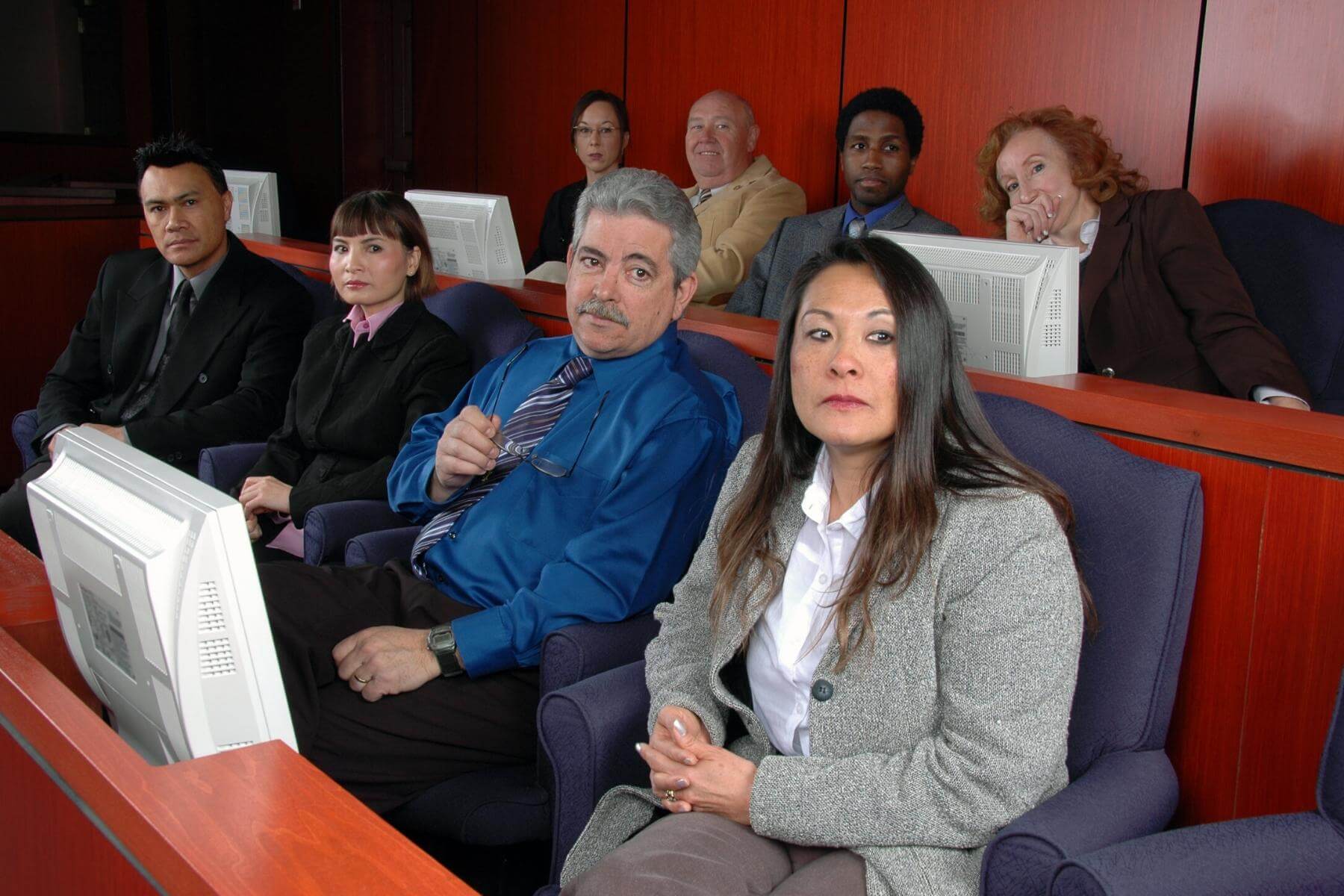Winning cases require well-crafted trial presentations for maximum impact.
Winning cases require well-crafted trial presentations for maximum impact.
Blog Article
Exactly How Trial Presentations Enhance Your Disagreement and Encourage Jurors
Test presentations act as a critical device for improving legal disagreements and convincing jurors. By integrating visual aids, narrative frameworks, and psychological interaction, attorneys can develop an engaging case that reverberates on multiple degrees. The critical use of visuals not only clarifies complex details but also records jurors' interest better than words alone. Nonetheless, the art of storytelling plays a similarly essential duty in changing factual proof right into an engaging story, forming jurors' understandings - trial presentations. Comprehending these elements can significantly influence trial end results, elevating the question of how each component adds to this intricate dynamic.

Significance of Visual Aids
Aesthetic aids play a crucial function in enhancing the performance of test presentations, as they can substantially raise audience involvement and retention of details. In the context of a test, where jurors are charged with processing complex info, visual help serve to streamline and make clear bottom lines. Charts, charts, and photos can communicate information and principles that may or else overwhelm or puzzle jurors, allowing for a much more simple understanding of the proof offered.
In addition, visual aids assist in keeping juror interest throughout the procedures. By damaging the dullness of verbal statement, these tools can punctuate essential debates, making them more memorable. Efficient visual aids can likewise evoke psychological actions, which can be critical in convincing jurors to line up with the speaker's narrative.

Crafting Engaging Stories
A compelling narrative is essential in test presentations, as it serves as the foundation of efficient persuasion. It enables lawyers to weave together realities, evidence, and emotional elements into a coherent tale that resonates with jurors. This narrative structure allows jurors to understand the complexities of the instance while guiding them with the lawyer's disagreement.
To craft a compelling narrative, attorneys must concentrate on clarity and coherence. This involves developing a clear protagonist-- usually the customer-- and detailing their journey through the occasions in question. Providing the truths in a sensible series improves understanding and maintains involvement. Additionally, making use of vibrant descriptions can produce psychological pictures that help jurors envision the occasions, making the story much more unforgettable.
In addition, incorporating essential motifs throughout the presentation strengthens the core message and help in retention - trial try here presentations. The story ought to not only convey information yet also stimulate a feeling of justice, highlighting the stakes involved. Ultimately, a sound story cultivates a connection in between the jurors and the situation, positioning the attorney's argument as both qualified and compelling, thereby raising the probability of a positive decision

Engaging the Court Mentally
Effective court engagement hinges on the lawyer's capability to connect with jurors on an emotional level. This link can considerably affect jurors' perceptions and their ultimate decision-making. Utilizing sob stories enables lawyers to humanize the case, changing abstract legal principles into relatable experiences. By providing real-life stories or reviews, attorneys can stimulate compassion and concern, cultivating a deeper understanding of the problems at stake.
Visual help, such as photos or videos, can better enhance emotional interaction, offering jurors with dazzling depictions of the situation's human components. Crafting a narrative that highlights the battles and triumphs of the people involved makes sure that jurors see past the lawful disagreements and acknowledge the human repercussions of their decisions.
An attorney's enthusiastic delivery can reverberate with jurors, strengthening their psychological investment in the instance. It's vital to balance emotional appeals with accurate proof, ensuring that jurors feel forced to act while continuing to be grounded in the truth.
Structuring Your Presentation

The body of the presentation ought to be practically segmented into crucial points, each supported by compelling proof. It is helpful to utilize storytelling methods to weave truths into a narrative that jurors can quickly comply with. Aesthetic help, such as graphes and videos, can improve comprehension and engagement, assisting to highlight important items of proof.
Real-World Instance Studies
Checking out real-world instance researches gives vital insights into the art of test discussions and persuasion. The protection team effectively utilized a strategy that combined prominent professional statements with multimedia presentations, which mesmerized jurors and ultimately affected their choice.
An additional notable instance is the "McDonald's Coffee Case," where the plaintiff's lawyers made use of visuals pictures of the injuries sustained by Stella Liebeck. trial presentations. This raw aesthetic evidence played an important duty in communicating the extent of her burns, leading to a considerable jury award. Such cases show that impactful test discussions often depend upon the effective assimilation of visuals important site and storytelling to evoke psychological responses from jurors
In addition, the "Casey Anthony Test" highlighted the importance of narrative comprehensibility and credibility. The prosecution's failure to develop an engaging timeline decreased their influential power, underscoring the requirement of a well-structured presentation. Evaluating these instances reveals that successful trial discussions call for calculated planning, emotional engagement, and the capability to resonate with jurors' worths and beliefs.
Verdict
Test discussions substantially improve arguments and convince jurors through the tactical usage of visual help, compelling stories, and psychological interaction. A well-structured presentation balances emotional allures with accurate proof, eventually reverberating with jurors' values.
Report this page